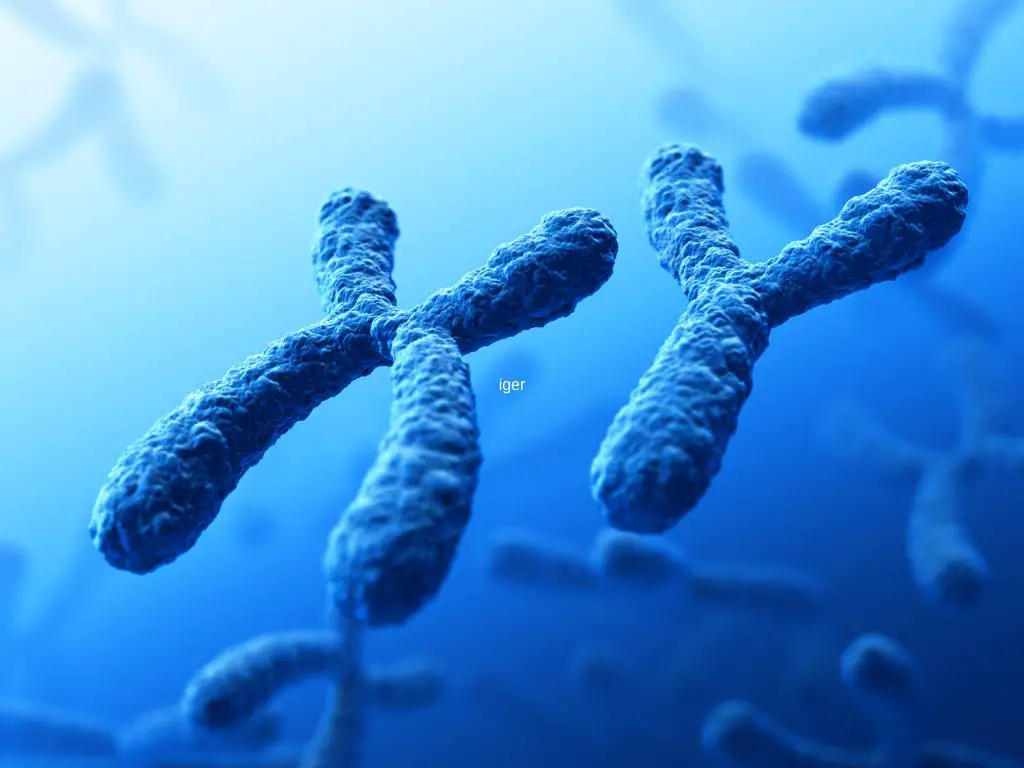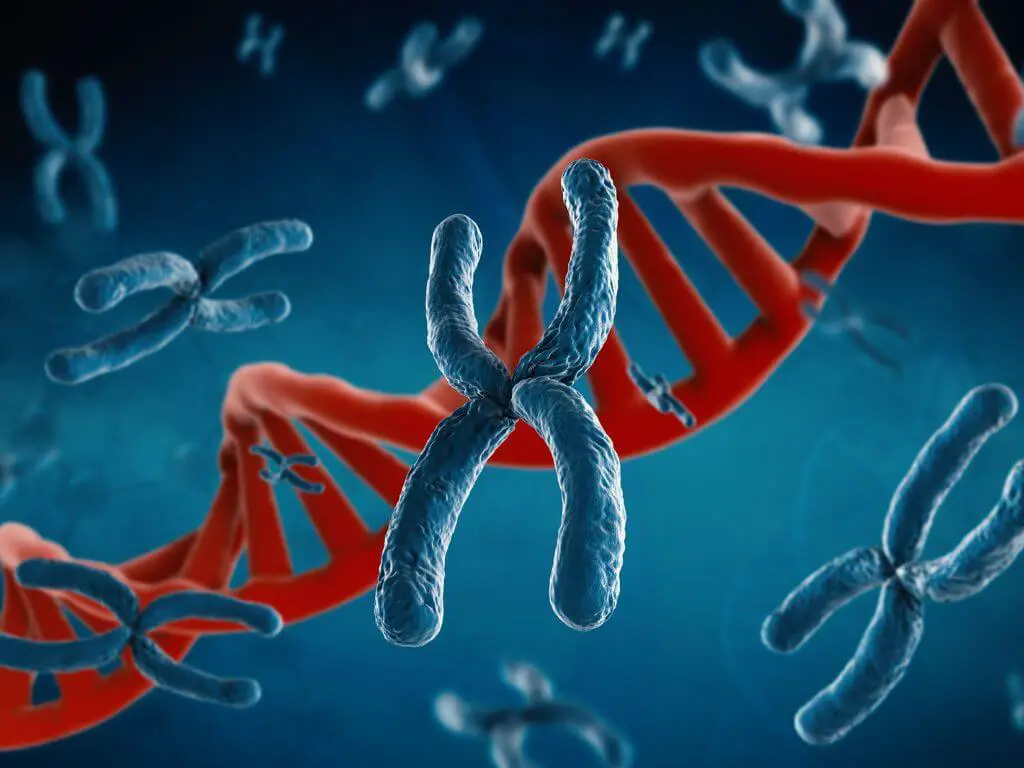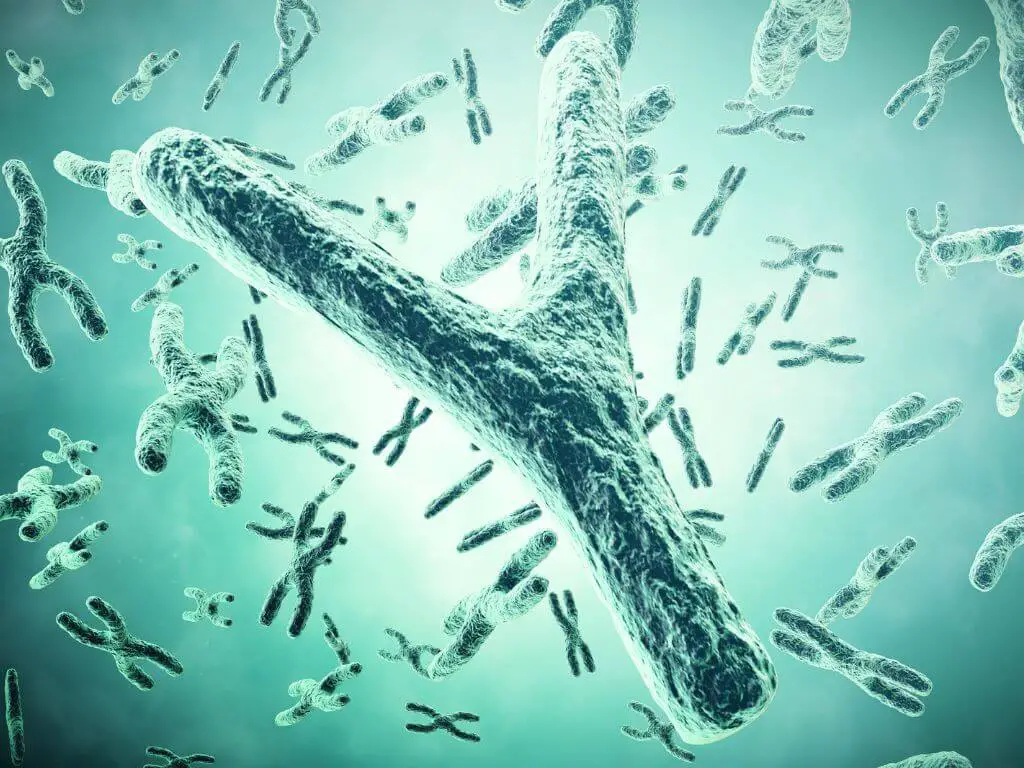The Y chromosome is a type of sex chromosome that is found in males of most species, including humans. It is one of two sex chromosomes, with the other being the X chromosome. While the X chromosome is present in both males and females, the Y chromosome is only found in males, and it is passed down from fathers to their sons.
Is the y chromosome dying out
The Y chromosome is not dying out, but it is undergoing a process called recombination, in which genetic material from the X and Y chromosomes is mixed and swapped during the formation of sperm cells. Over time, this process can lead to the loss of genes on the Y chromosome, as they are not essential for survival and are not passed down to daughters.

As a result of this process, the Y chromosome has become much smaller over the past 300 million years, losing many of its genes in the process. In humans, the Y chromosome has only 19 genes, compared to the X chromosome, which has more than 1,000 genes.
There is some debate about the implications of the shrinking Y chromosome. Some researchers argue that the Y chromosome will eventually disappear, leading to the evolution of a new type of sex determination system. Others believe that the Y chromosome will continue to evolve and adapt, and will not disappear entirely.
Overall, the shrinking Y chromosome is a fascinating example of the ongoing evolution of the human genome. While the implications of this process are not yet fully understood, it is clear that the Y chromosome is slowly vanishing, and its ultimate fate is still up for debate.
🔬 Subscribe to SciMail
Get the latest science discoveries straight to your inbox!
Why is the y chromosome shrinking
The Y chromosome is shrinking because of a combination of recombination and the lack of essential genes on the Y chromosome. This process is a natural part of evolution, and is not a sign of any underlying problems or abnormalities. Furthermore, its shrinking size is also due in part to its function. Unlike the X chromosome, which contains many genes that are essential for normal development and survival, the Y chromosome primarily contains genes that are involved in the development of male characteristics, such as the testes and prostate. These genes are not essential for the survival of the species, and as a result, they are not passed down to daughters.
 Will A New Sex Gene Could Be The Future of Men?
Will A New Sex Gene Could Be The Future of Men?
The possibility of a new sex gene being the future of men is a topic of debate among researchers. Some believe that the Y chromosome, which is the current sex-determining chromosome in humans, will eventually disappear, leading to the evolution of a new type of sex determination system. In this scenario, a new sex gene could emerge that is responsible for determining the sex of an individual. This gene could be located on a different chromosome, or it could be a new type of gene altogether.
Others believe that the Y chromosome will continue to evolve and adapt, and will not disappear entirely. In this case, the Y chromosome would continue to play a role in sex determination, and a new sex gene would not be necessary.

Overall, the future of sex determination in humans is still uncertain, and will depend on a variety of factors. While the Y chromosome is undergoing changes, it is not clear whether it will disappear entirely, or whether a new sex gene will emerge to take its place. Further research is needed to better understand these processes and their implications.


 Will A New Sex Gene Could Be The Future of Men?
Will A New Sex Gene Could Be The Future of Men?
Leave a Reply